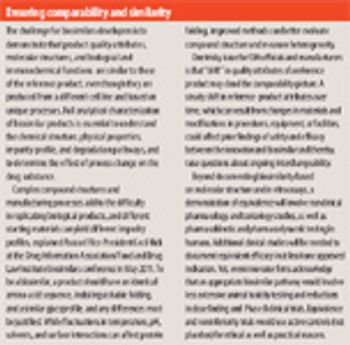
Follow-on versions of complex biologics require extensive expertise in development and regulatory procedures.

Jill Wechsler is Pharmaceutical Technology's Washington Editor, jillwechsler7@gmail.com.

Follow-on versions of complex biologics require extensive expertise in development and regulatory procedures.
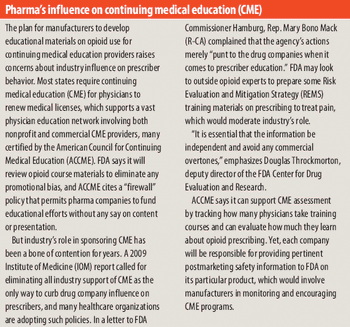
Industry struggles to curb drug abuse, diversion, and disruptions in supply.

FDA, NIH and industry seek new strategies to spur drug development and promote access to therapies.
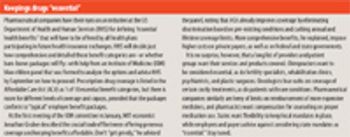
Courts and Congress seek to reshape policies and programs.
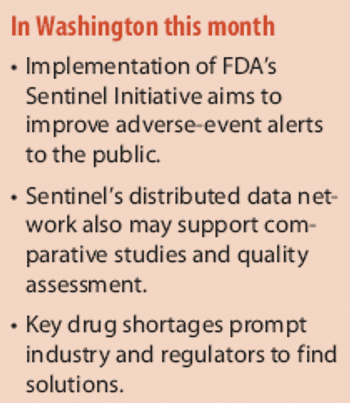
As drug shortages make headlines, FDA tests the Sentinel safety system and its efect on healthcare.

Food-safety, transparency, and counterfeit-drug growth will tax agency resources.
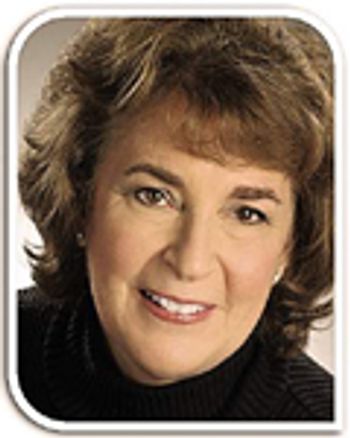
Top priorities for manufacturers include user fees, new health initiatives, and regulatory compliance.
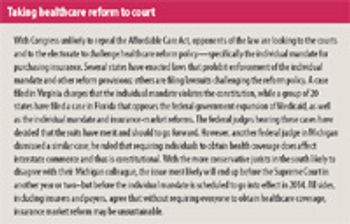
Republican gains in Congress create uncertainty for healthcare reform, drug regulation, and biomedical research.
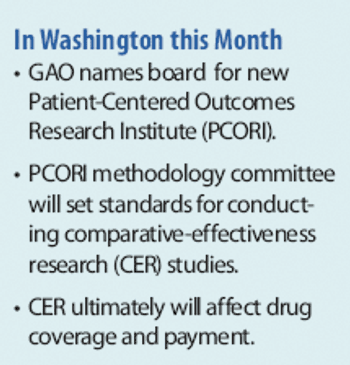
A new center may provide evidence for improving care, but could discourage coverage of treatments.
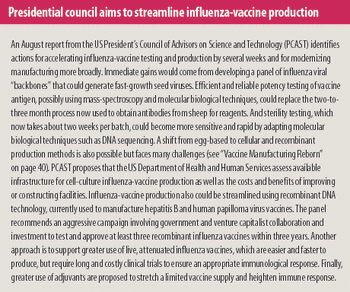
President Obama and HHS eye innovation and countermeasures to protect public health.
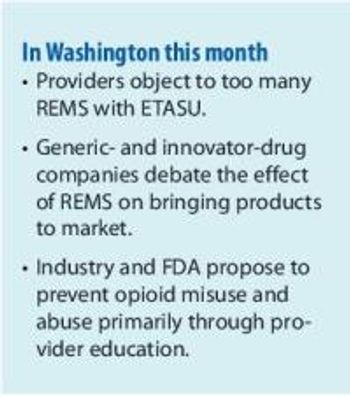
Weighing the pros and cons of REMS for bringing risky products to market.
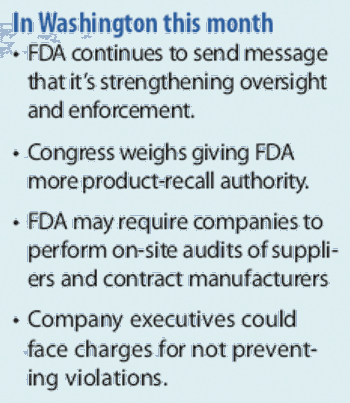
Fallout escalates from McNeil recall and Genzyme shortages as regulators review oversight.

More information may be released to improve public understanding of regulatory policies.
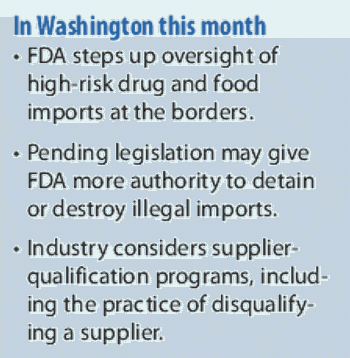
FDA and industry seek to ensure drug quality and safety in a world complicated by global outsourcing and rising theft.
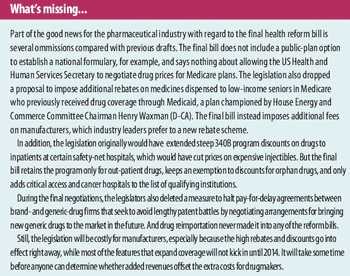
Manufacturers will pay new fees but anticipate expanded drug use and safeguards for innovation.
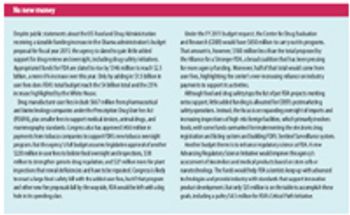
FDA lacks resources to manage expanding postmarketing responsibilities.

After months of increasingly rancorous debate, the House finally approved legislation on Mar. 21, 2010, that makes significant changes in the nation's healthcare system.
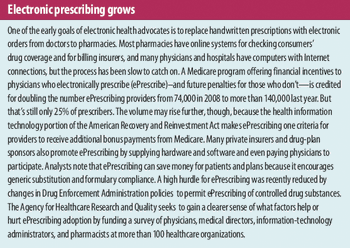
FDA modernizes information systems, expands access to drug safety and use information.
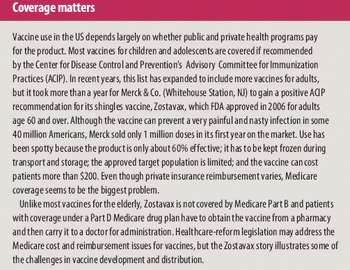
Vaccine R&D is surging, but continues to raise manufacturing and regulatory challenges.
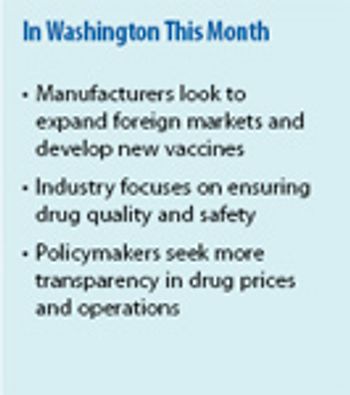
Globalization and reform initiatves will shape pharma production, pricing, and pipelines in 2010.

Generic-drug manufacturers look to expand into biologics and complex dosage forms. This article contains bonus online-exclusive material.
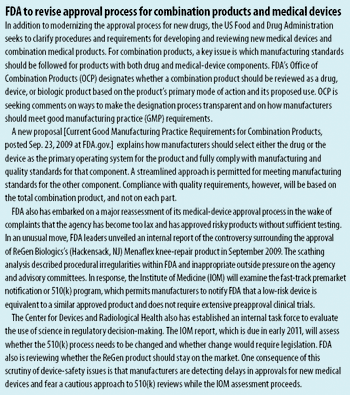
The heightened focus on risk raises concerns about delays in approving new drugs.

Strict enforcement, new rules, and organizational changes signal an activist tone.
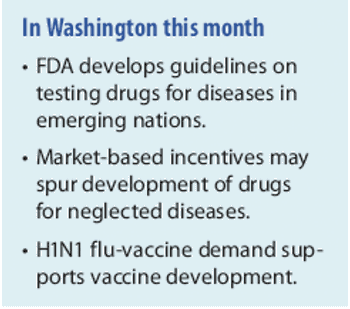
Health crises generate support for new vaccines and treatments for diseases found in developing nations.
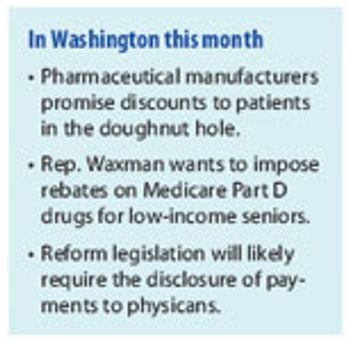
Pressure to reduce healthcare spending has put drug rebates, price cuts, and tax hikes on the table.

REMS to improve the safe use of opioids may lead to controls on other high-risk medicines.

The new commissioner of the US Food and Drug Administration is mapping plans for turning around an agency that has been demoralized, buffeted about in the press and has lost some of the trust of the American people.

Agency officials and manufacturers anticipate stricter enforcement of drug safety and quality.

Government funding is slated to boost comparative studies of prescription drugs.

FDA is poised to gain authority and resources to ensure the quality of food and drugs.